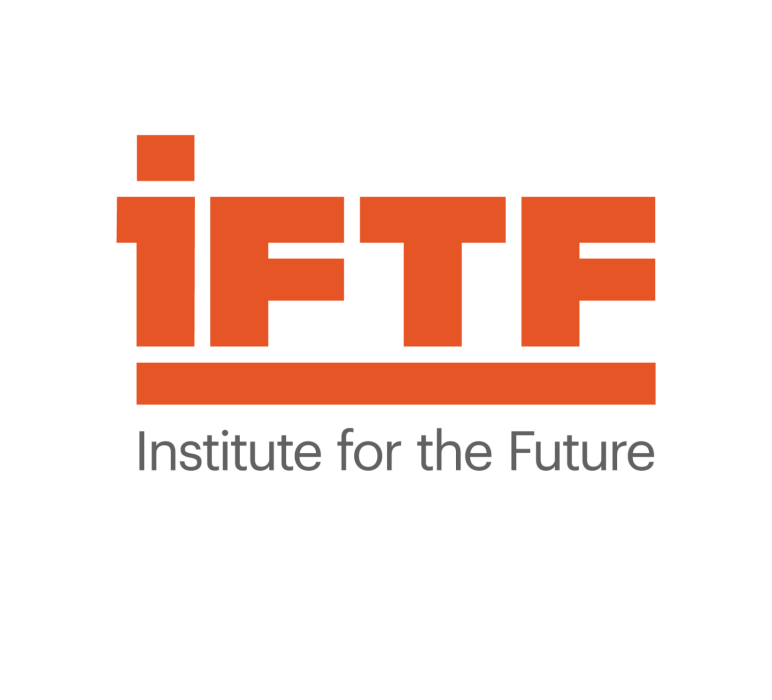Introduction
Prior to 2010, youth in foster care “aged out” of the system at the age of 18, which left them to navigate adulthood on their own. Many had been deeply traumatized by their experiences before foster care, the loss of their families of origin, and their experiences in foster care. Lacking relationships, post-secondary educational opportunities, money, and job training, many struggled as they reached the shores of adulthood.
In recognition of this, the Youth Law Center, California Youth Connection, and other organizations advocated successfully for the passage of the federal Fostering Connections to Success Act and California’s Assembly Bill 12.
As one of the first states in the nation to extend foster care to age 21 after enactment of the federal law, California committed to meeting the needs of young adults in a radically different way by prioritizing their relationships, decision-making power, and access to community support.
A decade later, it is time to reevaluate the effects of the 2010 changes to the extended foster care (EFC) system and acknowledge that while some youth have experienced improved outcomes, as a whole, EFC* has not been transformative. In fact, research shows that the EFC system is failing in one of its core goals: the establishment of the conditions that foster the loving, supportive, and enduring relationships that are key to improving youth wellness and success.2 Many youth who experienced EFC are still struggling to survive — they are experiencing homelessness, incarceration, mental and physical health challenges, loneliness, and isolation.
This report explores a future that attempts to rectify these problems. It starts by recognizing the challenging conditions youth exiting foster care face today and then introduces four transformational future forces that could shape the conditions they need in order to thrive as adults. It concludes with key insights for youth-serving systems and organizations to consider as they do the hard but crucial work of building a more equitable future.
The Harsh Realities of Today
Today’s foster care system has been shaped by centuries of mass incarceration, structural and systemic racism, colonialism, environmental and economic exploitation, misogyny, sexual violence, family separation, and violence towards LGBTQ+ individuals. These forces, combined with poverty, intergenerational trauma, and inadequate substance abuse and mental health services, have pushed human beings into systems where root causes are rarely acknowledged or addressed.
Social and economic security depends on membership in a stable family. The pandemic— and its cascading consequences—has reinforced this need, revealing widespread frailties in our social, economic, environmental, and political systems and the pre-existing conditions of inequality that shape our society. The young people participating in the EFC program today are disproportionately affected by these systemic failures and frailties that constrain their ability to thrive as adults. A reimagined extended foster care, one that strengthens familial and social connections and ensures financial stability, must support healing from abuse, neglect, loss, and centuries of injustice and should be equipped to address the harsh realities of today, including:
- Family Inequity
- Racial Injustice
- Economic Inequality
- Climate Crisis
- Digital Divide
- Social Volatility
Family Inequity
Most transition-aged youth in the general population rely on a strong family safety net for financial, housing, social, and emotional support as they enter adulthood. Transition-aged youth in foster care cannot rely on this intergenerational privilege.

